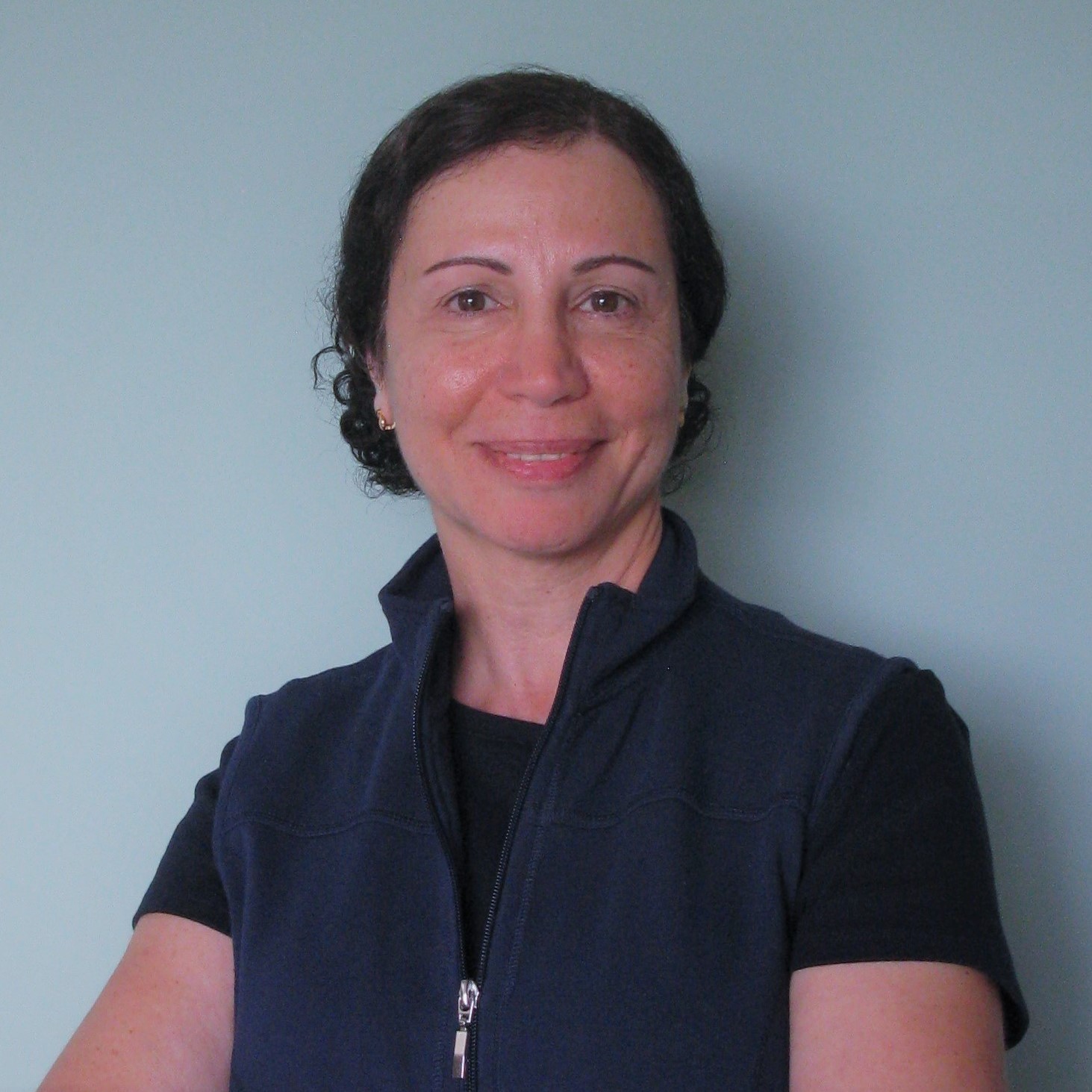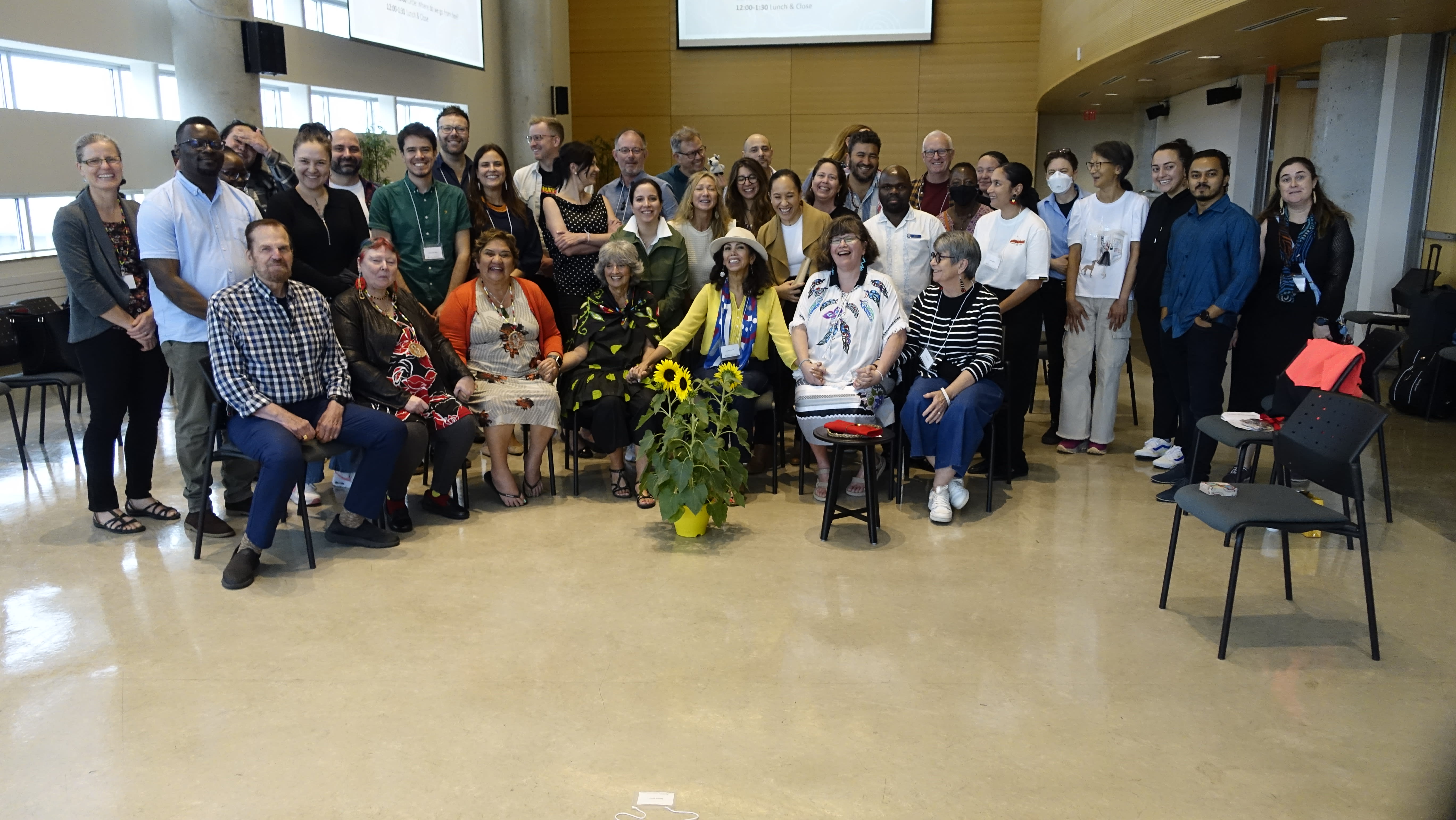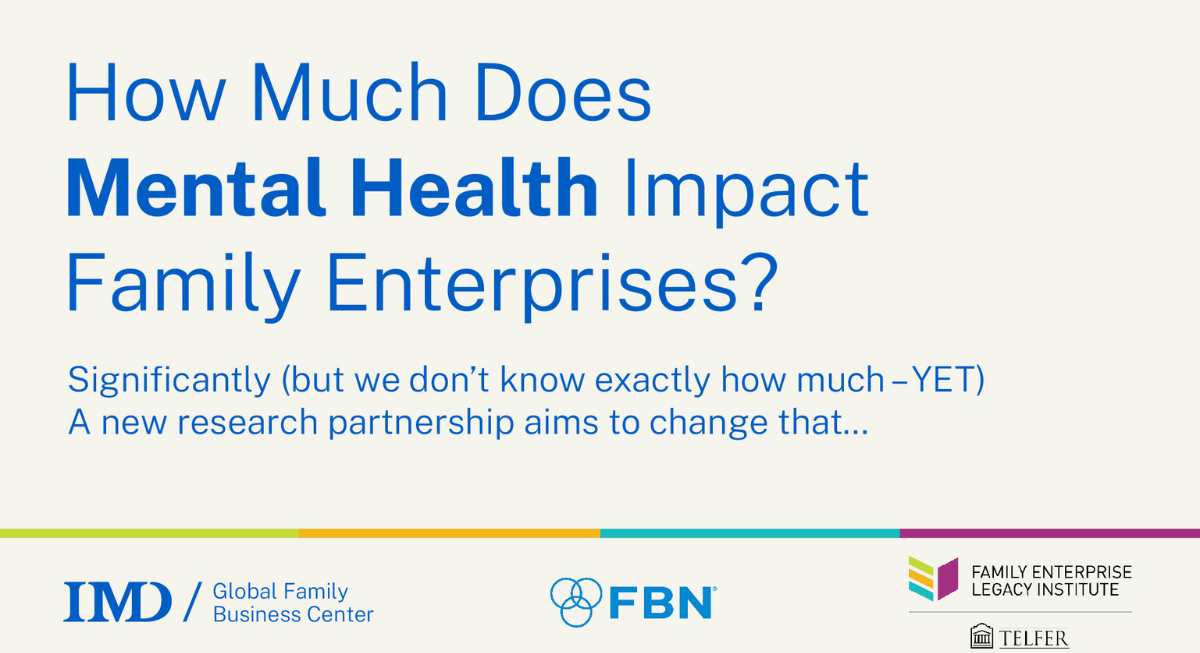The COVID-19 pandemic will leave a lasting impact. Beyond the economic turmoil, both physical and mental health problems will persist for many. Since the start, we have been encouraged to focus on public health measures to prevent the spread of the virus. But the consequences of mask wearing, physical distancing, social isolation and fear of contracting the virus for mental health around the world are alarming.
Many believe we are facing a mental health crisis. That said, how has the pandemic affected mental health services? The World Health Organization notes an increased demand for mental health support, stating that “the COVID-19 pandemic has disrupted or halted critical mental health services in 93% of countries worldwide.” The WHO surveyed 130 countries, all reporting an urgent need for increased mental health funding. Its director-general urges world leaders to “move fast and decisively to invest more in life-saving mental health programmes — during the pandemic and beyond.”
The devastating impact of COVID-19 on access to mental health services is undeniable. Like all other services during the pandemic, peer support services have been disrupted. Peer support workers play a vital role in helping people dealing with mental health issues. They have lived through mental health challenges and use their personal experience to offer help, education and support to those struggling.
A major challenge during the pandemic has been the transition to virtual interaction, removing the in-person human element in an already delicate situation where connection and trust are key. However, some would argue that offering support services on a virtual platform makes them more accessible. A better understanding of the quality and effectiveness of virtual peer support services is thus needed to maintain service excellence during and beyond the pandemic.
What is this research about?
Professor Samia Chreim has received a Social Sciences and Humanities Research Council Partnership Engage Grant to study how the COVID-19 pandemic has influenced peer support services. In partnership with Psychiatric Survivors of Ottawa, an organization that provides peer support services, and her doctoral student Elmira Mirbahaeddin, Chreim will examine the experiences faced by peer support service providers, service users and peer support managers offering and using virtual services during the pandemic. She will also investigate the strategies they have used to deal with the challenges and opportunities they have faced.
Who is the partner organization?
Psychiatric Survivors of Ottawa is a not-for-profit organization offering peer support services at no cost to individuals with mental health or addiction issues. It also supports family members of people living with mental health challenges. It began in 1991 as a grassroots organization run by and for people who had used the mental health system, as a community for mutual support and advocacy. It has remained member run and has formalized its approach; it now provides peer support in Ottawa hospitals, works with community partners, and trains and pays users of the mental health system to provide recovery education to other service users.
Who will benefit from this research?
This research will help increase awareness of the role peer support workers play in fostering mental health. The knowledge gained will help inform managers of peer support services about the needs of workers and service users during a global crisis, including needs arising from the transition to a virtual delivery mode.
Individual, organizational and technological adaptations could occur, leading to improvements in virtual peer support services and allowing managers to develop strategies to ensure that support providers are themselves better supported. Finally, society could benefit from decision makers being able to consider which programs are useful and should be continued beyond the pandemic.
Peer support services could be tailored to the preferences of service users and workers, with virtual services as a sustainable option that may lead to more accessible peer support, a welcome outcome in a mental health crisis.
How does a community partnership benefit academic research and graduate student training?

We asked Elmira Mirbahaeddin, the doctoral candidate involved in this study, about her motivation and interest in this project. She said, “Peer support is an overlooked resource in the mental health system. Peer support workers lessen the stigma around mental health issues and improve lives through their experiential knowledge, yet their valuable expertise is underutilized and often not sufficiently recognized in mental health settings.”
As for what she hopes to gain from the project and working with a partner organization, she says, “My motivation is to demonstrate (peer support workers’) true potential during crises like the COVID-19 pandemic. With Psychiatric Survivors of Ottawa, we have identified research gaps. The partnership offers a great opportunity to conduct impactful research with societal implications. It is also a valuable learning experience for me.”

Samia Chreim is a Full Professor at the Telfer School of Management, where she holds the Ian Telfer Professorship in Organization Studies. Her research focuses on the dynamics of change at different levels, on intra-organizational and inter-organizational collaborations, and leadership.












